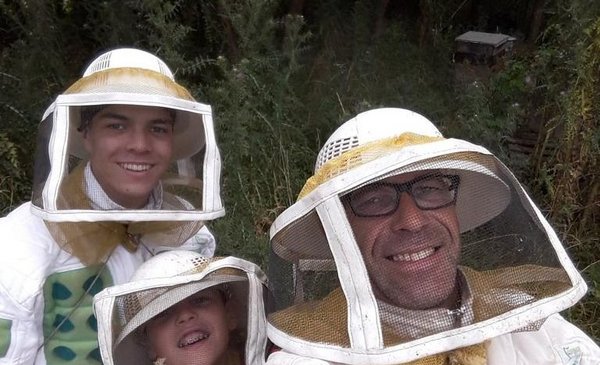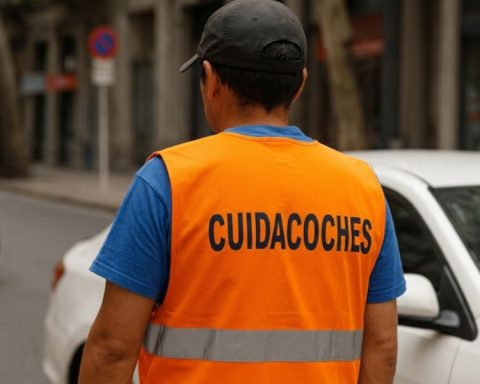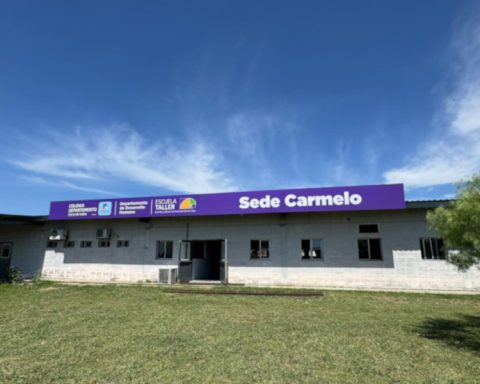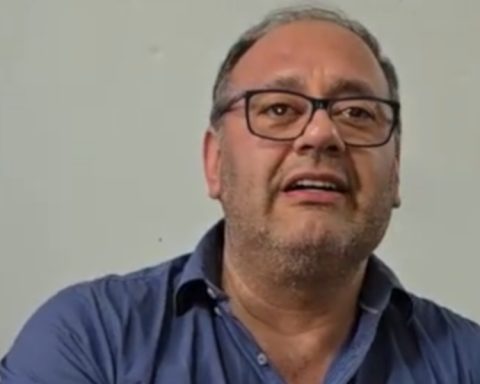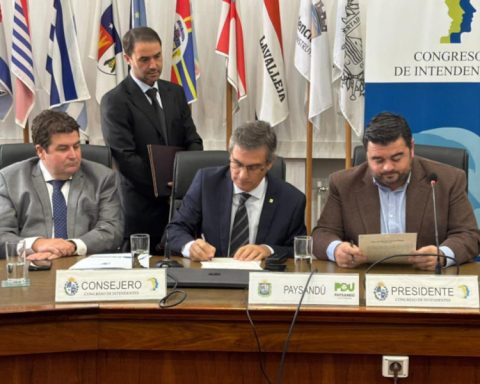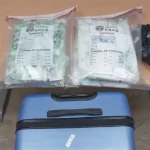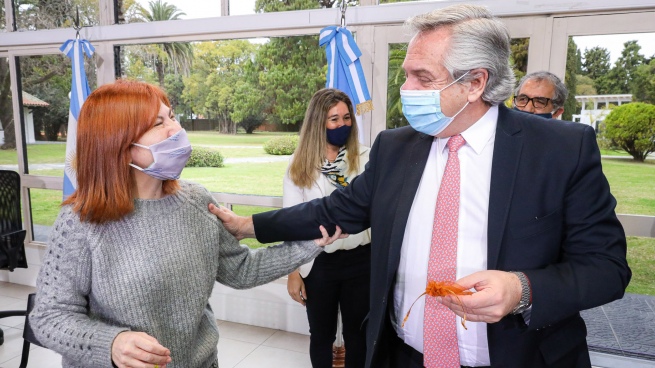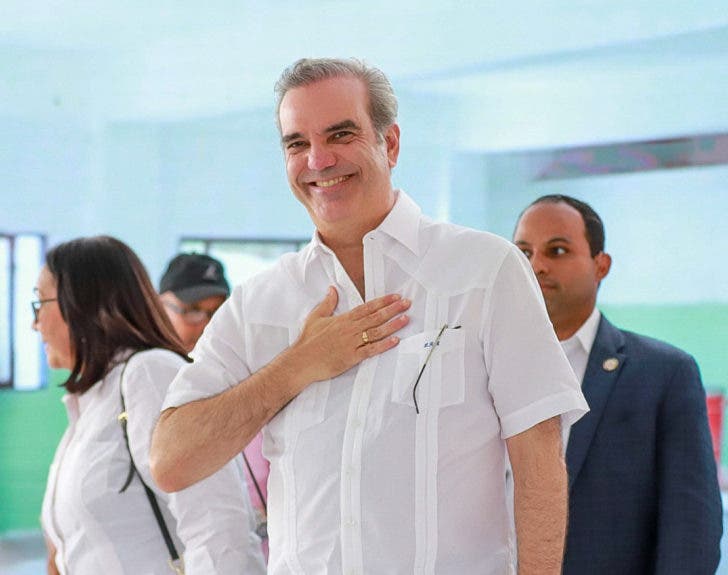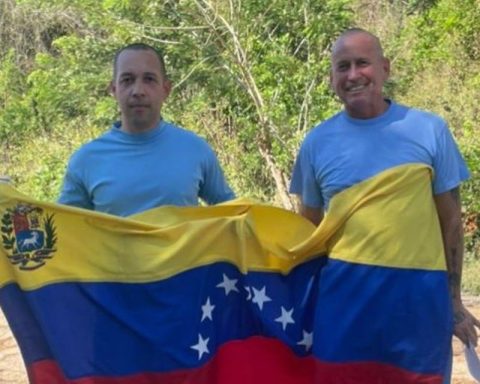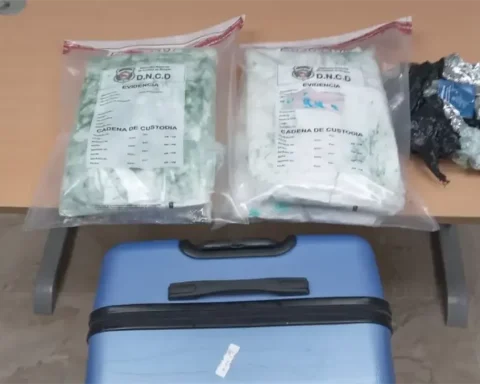What Carlos Piston does would be like a “full cycle” livestock producer. Even more, because he is a beekeeper, but he also has his product processing room, he exports it to various markets and as if that were not enough, he manufactures beekeeping supplies for other producers. Is Un all-terrain beekeeping.
As a beekeeper, the beginning of his activities was in Puntas de Valdez, in San José. Today he has hives there, where his production base is, but 60% of those are moved at a certain time of the year to places in Rivera. Besides, he has others in Rocha.
Its production system has two strategies, a set of fixed hives and others in the form of transhumance.which consists of moving them to where there is flowering, in order to facilitate the task of the bees.
Total manages 2,500 hives, which at a rate of 50 thousand bees for each one allow us to say that Carlos has a productive stock of 125 million bees.
Having hives in different areas of the country, a strategy.
Regarding the characteristics of their honey, they change based on the behavior of the climate. It is not the same when there is a water deficit or if there is excess rainfall. In addition, obviously the location of the hives affects.
The honeys that are generated in Rocha are based on flowers from the native mountains, also from swamp flowers, such as mint, and there is a wide variety of nectar sources. In San José, bees mostly work in areas with canola and legumes, such as white clover, lotus, red clover, and alfalfa. And in Rivera the production of the hives is 100% in mountains with eucalyptus.
In the activity, Carlos indicated, the change in agriculture has had an impact in recent times: “In many places there was an adverse impact on the floral wealth due to a commitment to monoculture, we beekeepers had to reinvent ourselves and moving the hives was something fundamental. ”, he remarked.
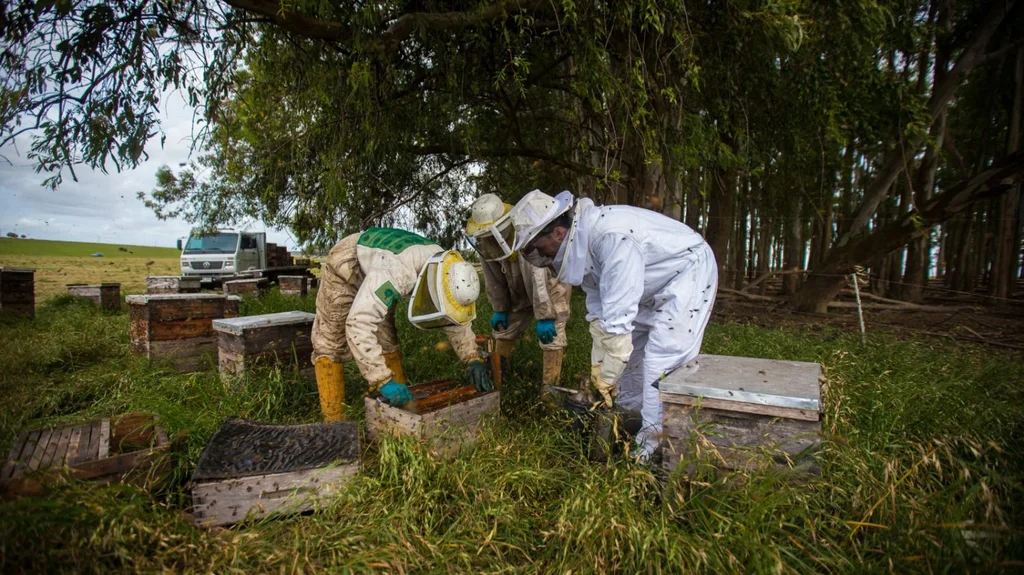
Carlos, like his colleagues, has already overcome several crises.
Productivity varies each year. It depends on various factors, for example on an adequate annual replacement of queens and what can be invested in other management. Also of the mobility of the same, since taking them to the nectar sources is positive, in a technique that the producer adopted in 2003 and that is not as simple as just moving them, because it even merits the selection of the type of bees that adapts to that move.
Under normal weather conditions, each year Carlos obtains from 100 to 120 tons, just over 40 kilos per hive, clearly above the national average..
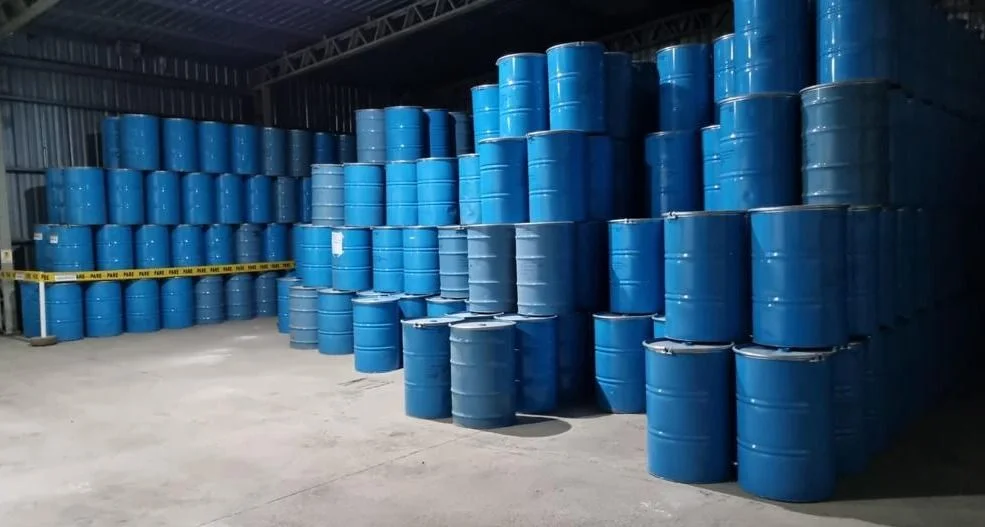
The product is exported in 300 kilo drums.
All that honey is exported, in a management that since 2015 has been carried out by a company (Apisur) in which it has two partners and which, in addition, channels honey exports from other producers.
The destinations are varied, such as countries of the European Union –Austria, Germany, Poland, Spain, France, Denmark and Italy, for example– and the United States. To a lesser extent, also exported to Israel and Saudi Arabia.
The honey, which is shipped in 300-kilo drums, is fractioned at destination for direct sale to the consumer or to other markets by intermediaries. It has happened that honey exported to Spain ends up on store shelves in other European countries or even in much more distant markets, such as Ecuador, for example.
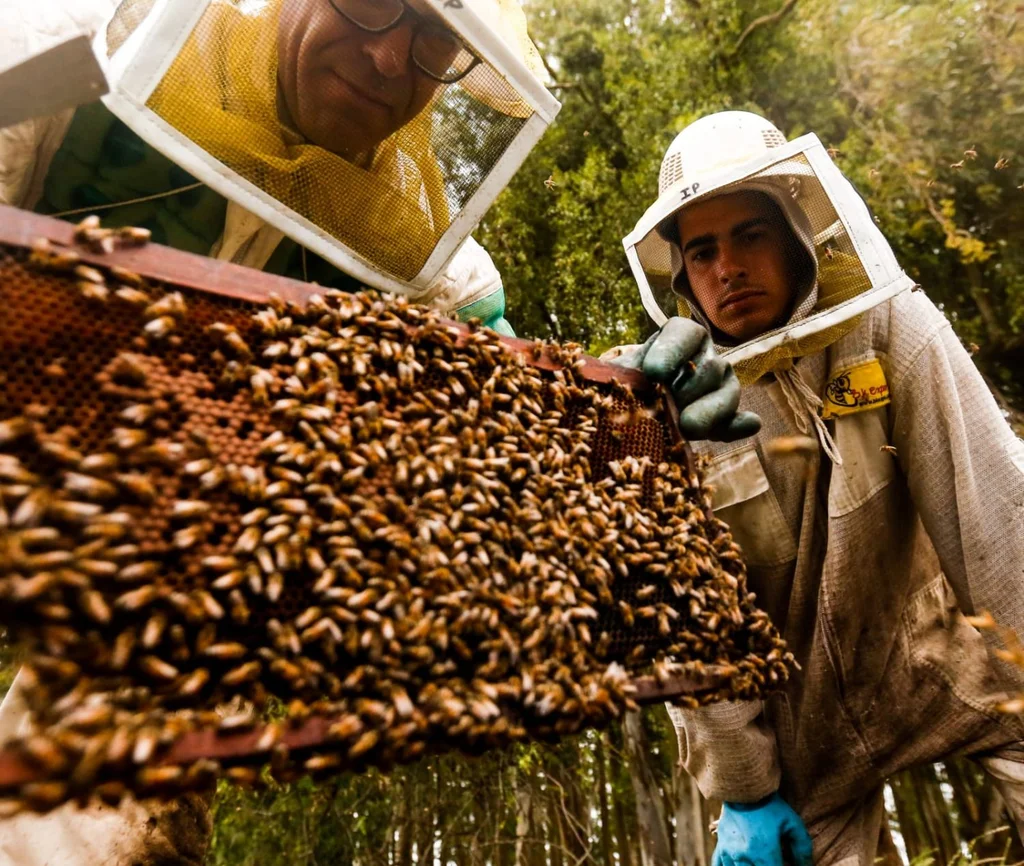
Carlos manages about 2,500 hives.
The current price, on average, ranges from US$3,500 to US$3,700 per ton, which covers production costs and leaves a profit margin. However, this is not always the case: active beekeepers are often considered survivors, having overcome several crises in which the price of honey was far from covering costs.
When there is a margin, like now, it is used to make strategic reinvestments in the production system, he said.
In addition to producing honey, processing it in his extraction room in San José and exporting it, Carlos has another link with the sector. In 1995 he established a factory for beekeeping materials (Fanampi). Multiple materials are made there that beekeepers use, such as structures for hives, for example.
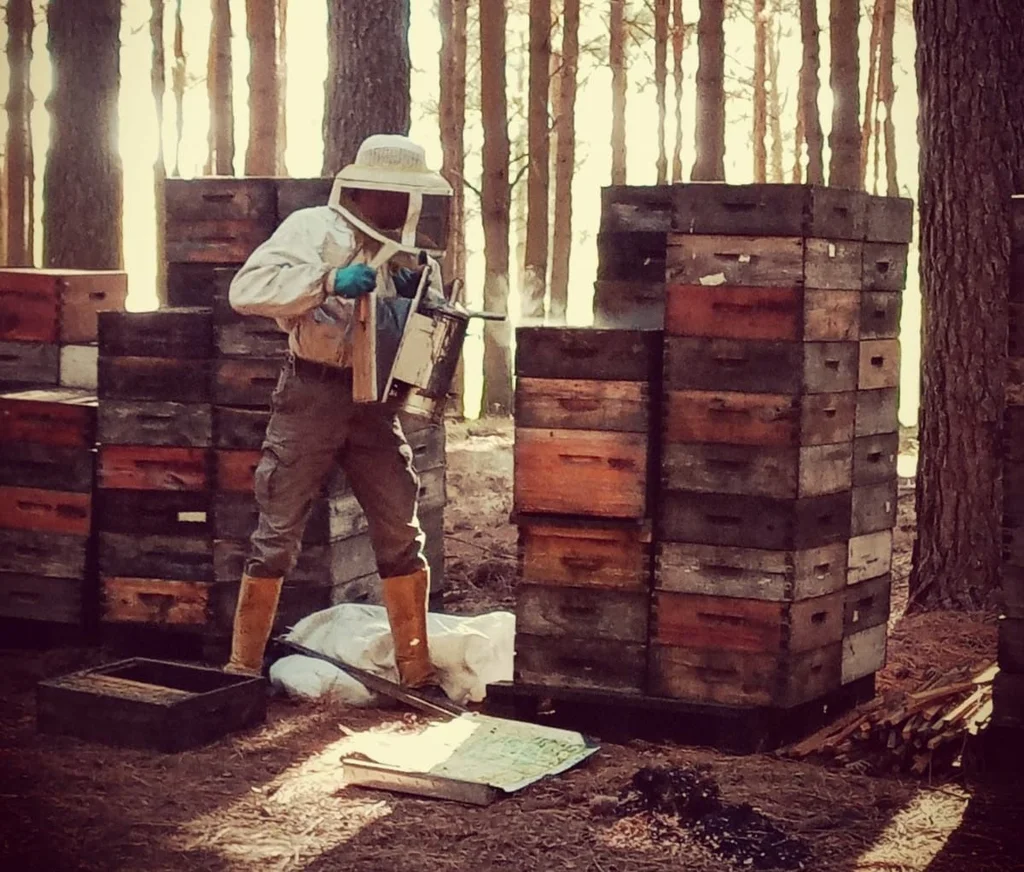
Carlos started in the business in 1987.
Only 5% remain
One fact that Carlos highlighted is that Of all those who start in beekeeping, only 5% end up staying in the field.
“It is a difficult item, which has many ups and downs in profitability and not everyone can endure it, we are price takers and what is worth and makes everything work is how much honey is worth at this time,” he explained.
He admitted that, despite the difficulties to be overcome, “It is a good item to start with because you can do it as long as you continue to dedicate yourself to something else, you can start with a low investment and then if it goes well, increase it”.
Another advantage, he pointed out, is that they work in contact with nature, a reality that affects 70% of beekeepers worldwide to do it as a hobby and live from something else.
“In this, there is undoubtedly a lot of heart to explain why it continues when there is a price crisis, or of another type, because we are in an activity that has become more demanding. When I started there was no talk of climate change, there was no talk of an agriculture that limits your access to nectar, there were no demands that the markets make today, ”he said.
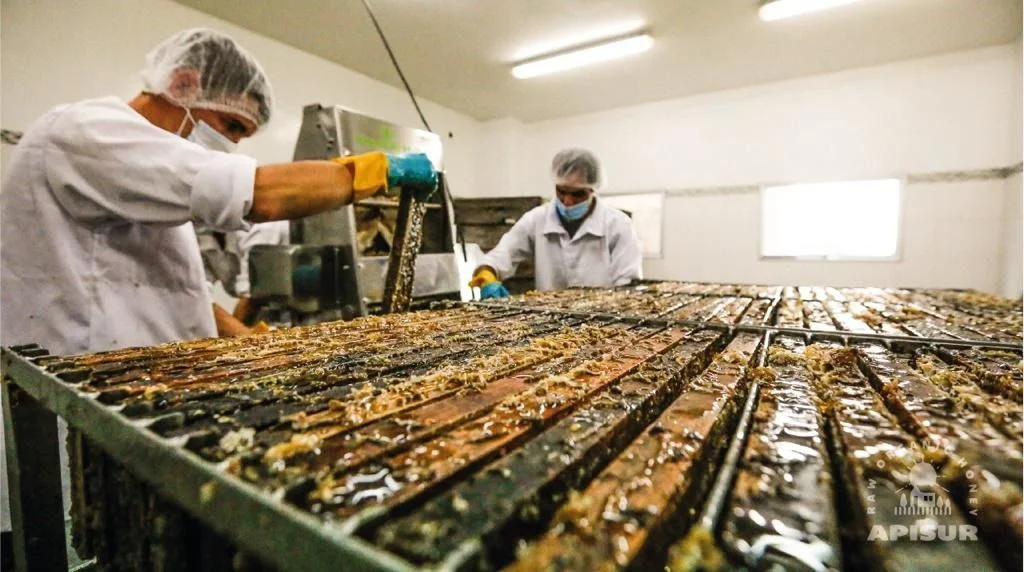
The honey extraction room.
Charles admitted that at some point it crossed his mind to change his field, he thought of farming or dedicating himself to transportation, but he ended up keeping the bee and opted for a strategy that, he stressed, gave him very good results: “I improve myself, don’t wait for the things, be more and more efficient and find a way around it so that the numbers close”.
Lastly, he asked to make it clear that the level of Uruguayan beekeeping “is one of the best in the world”; that the bee “is a fundamental insect in the life of the planet, the sensor that the human being has, if there is a colony of bees with problems, it is because something is wrong in the environment”; and that honey “is the natural sweetener of humanity, there is no other food so natural, so rich, so healthy”.
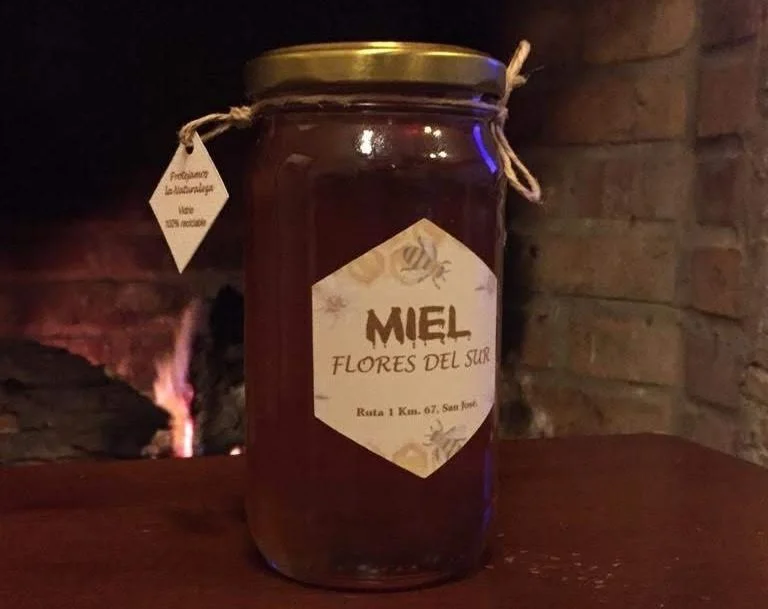
The honey produced by Carlos Piston, already fractionated.
The first bites
Carlos is a beekeeper since 1987. He remembered that I was a 16-year-old high school student when, at the initiative of the ACAC cooperative, an introductory course in beekeeping was promoted.
“I participated, at the first bee stings I gave up, but they insisted on inviting me, I came back and beekeeping ended up totally capturing me,” he said.
He then studied engineering, but due to family issues and lack of resources, he was unable to advance in his career.
With the need to enter the labor market, based on the fact that he always had the idea of being an independent worker and entrepreneur, it was that it was decided to apply that knowledge from the course, which ended up being key for an activity that he continues to carry out at 48 years old.
Carlos and his partner –Fernanda (she is a teacher)– have been together for 22 years and have two children, Juan, 21, who is studying agronomy, and Mateo, 16, who is in his fourth year of high school.
On whether he had a teacher in this beekeeping, he said that in fact he had several.
He highlighted Amparo Madrid, but quickly said that he learned and continues to learn from each colleague he observes working, even from those who are just starting out.
“If you are observant, you learn from everyone, from their mistakes and their successes”concluded this beekeeper.
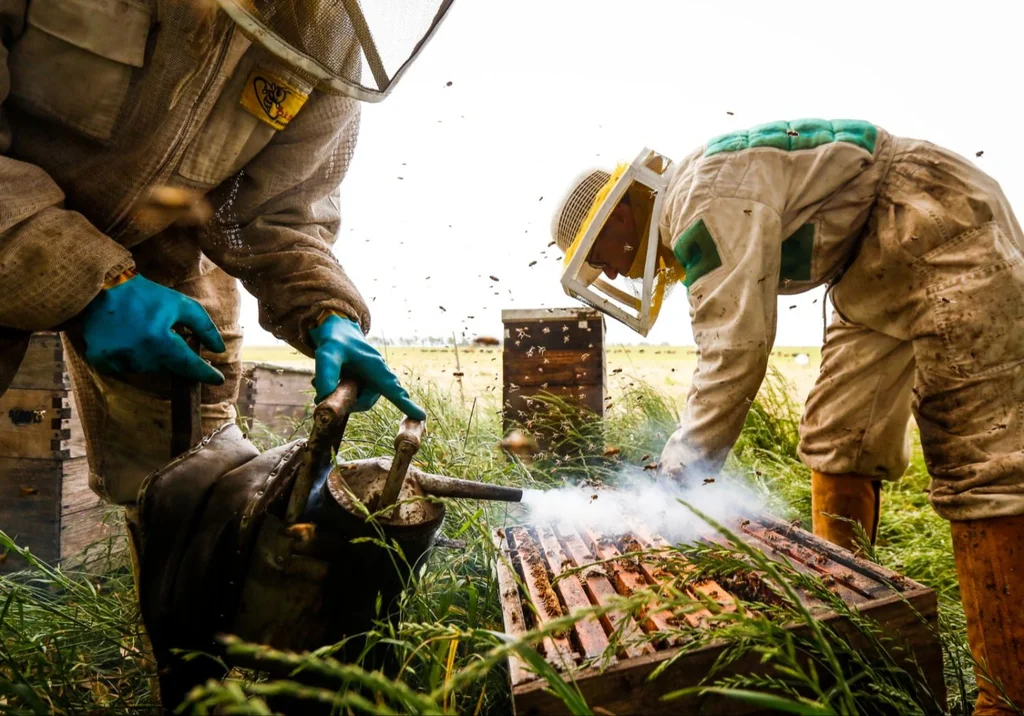
An activity that demands passion from those who undertake it.
